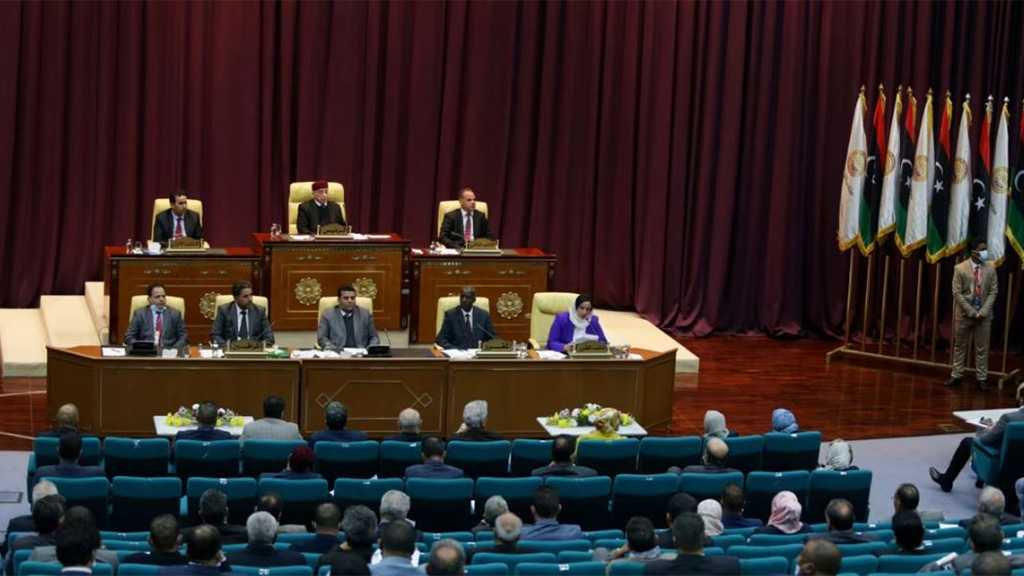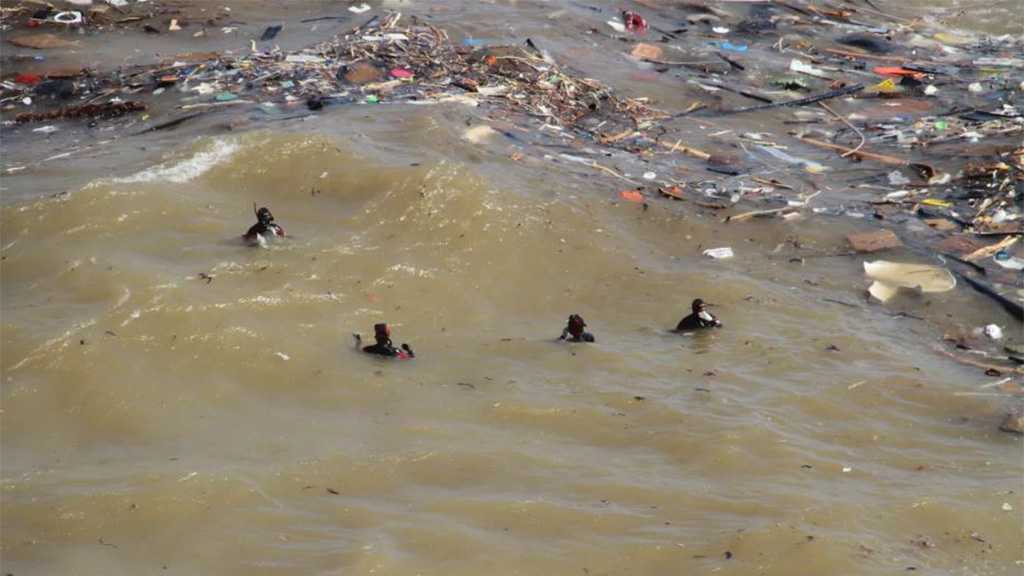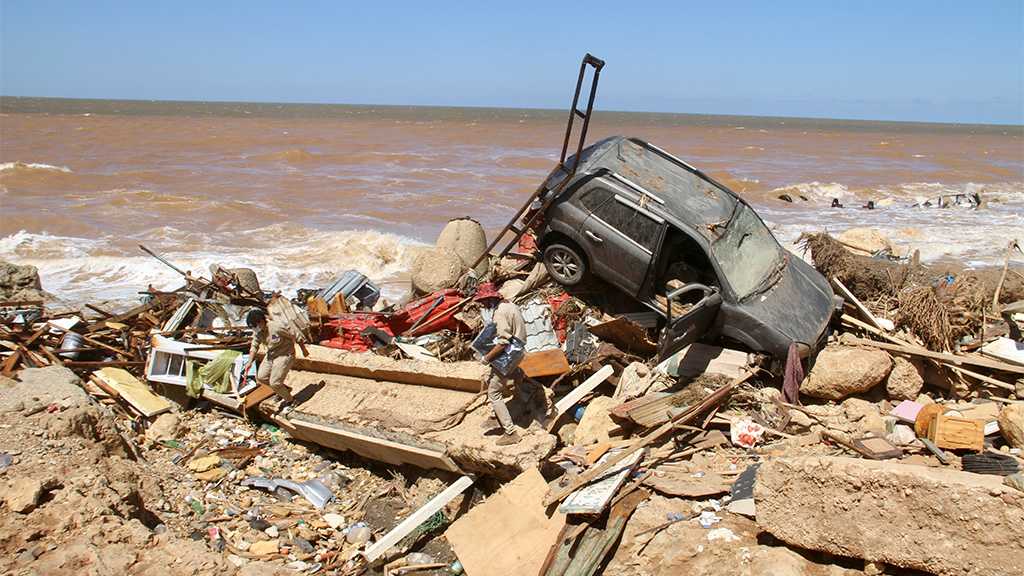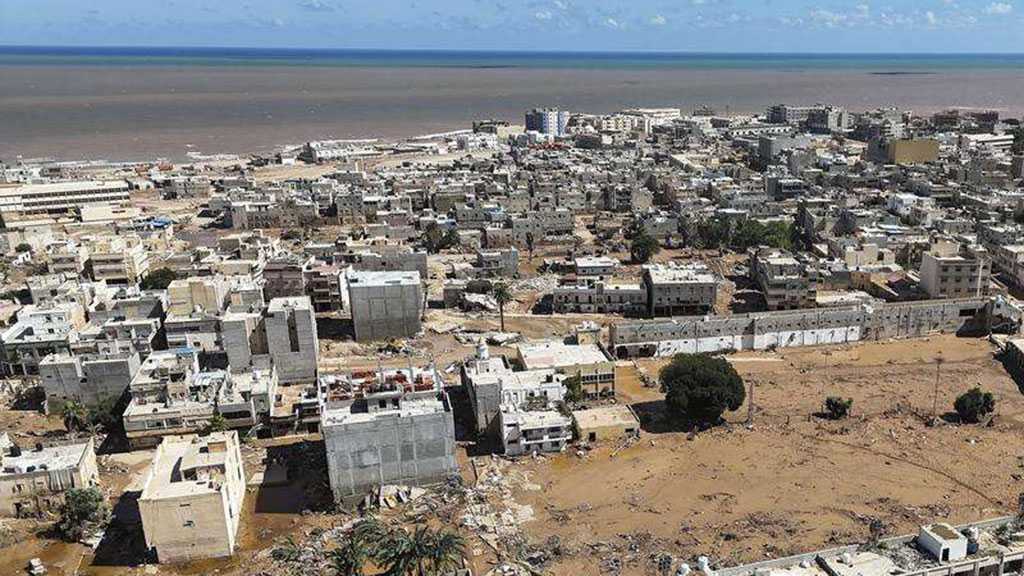
Libya PM Calls for National Reconciliation in Splintered Country
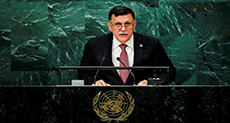
Local Editor
Libya's prime minister called for a national reconciliation initiative to repair the divisions in a fragmented country reeling from the turbulence that has followed the fall of Dictator Moammar Gadhafi.
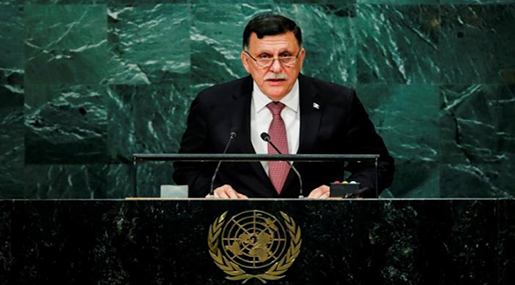
Fayez Seraj also told Reuters in an interview that the battle against Daesh [Arabic acronym for "ISIS" / "ISIL"] militants in their former stronghold of Sirte was in its last stages, although bombings and booby traps still posed a challenge.
Gadhafi's fall in 2011 brought chaos that splintered the North African country into rival armed fiefdoms. The UN-backed Government of National Accord [GNA] had been seeking endorsement for months as it tries to extend its authority beyond its base in Tripoli, in western Libya.
"In the last five years, Libya has been through a very difficult and critical phase ... many political divisions," Seraj said in New York, where he was attending an annual UN gathering of world leaders. "There was disintegration of the social fabric as a result of bloody conflicts.
"So we need a real reconciliation between Libyans inside and Libyans abroad ... there will be no exclusion of any political faction," he said. "Reconciliation will provide political stability, which will give way for economic stability."
Seraj said he expected to begin the drive before the end of the year but he faces an unenviable task.
General Khalifa Haftar, who has been waging a military campaign against Takfiris and other opponents in Benghazi and the east, and his backers in eastern Libya had been in a stand-off with the GNA for months. They had blocked a parliamentary vote to endorse the GNA and challenging the UN-mediated deal to unify Libya.
Haftar also resisted the GNA's efforts to integrate his self-styled Libyan National Army into the national armed force.
The eastern-based parliament had twice rejected lists of ministers put forward by the GNA's leadership, or Presidential Council, which is meant to represent all sides of Libya's fractured politics.
The Presidential Council had struggled to win popular support and secure the loyalty of Libya's political and armed factions since they arrived in Tripoli from Tunisia in March.
Frustration had mounted at its inability to tackle everyday problems including a liquidity crisis, frequent kidnappings, power cuts and a failing health system.
"We expect within coming weeks to end negotiations on shaping a new government," Seraj said.
"We have, until now, not received any official letter from the parliament to present again a newly reshaped government. Despite that we dealt positively with the results of the parliament ... [it] has to now bear its responsibility and carry out its duty," he said.
Seraj said repeatedly he was open to talks with Haftar, whose recent seizure of oil ports has risked deepening the long-standing east-west divisions and alarmed the west.
"As a Presidential Council we are open to all political factions ... I have no reservations. Anything that helps solve the Libyan crisis and that can open bottlenecks, we are ready to meet anyone," he said.
Seraj struck a conciliatory tone over the port seizures but warned that protection of the vital installations had be done by the internationally recognized government.
"We would not have hoped that there would be escalation in the area but what happened has happened ... and we tried to deal with it with wisdom and calculation," Seraj said.
"But we sent a clear message that oil installations must be protected and should not be damaged ... Whoever protects the oil must be under the umbrella of the Presidential Council," he said.
Haftar's forces handed operational control to the National Oil Corporation [NOC], which Seraj said operated under the Presidential Council.
Libya is heavily dependent on oil export revenues and needs to revive production to prevent economic collapse.
Source: News Agencies, Edited by website team
